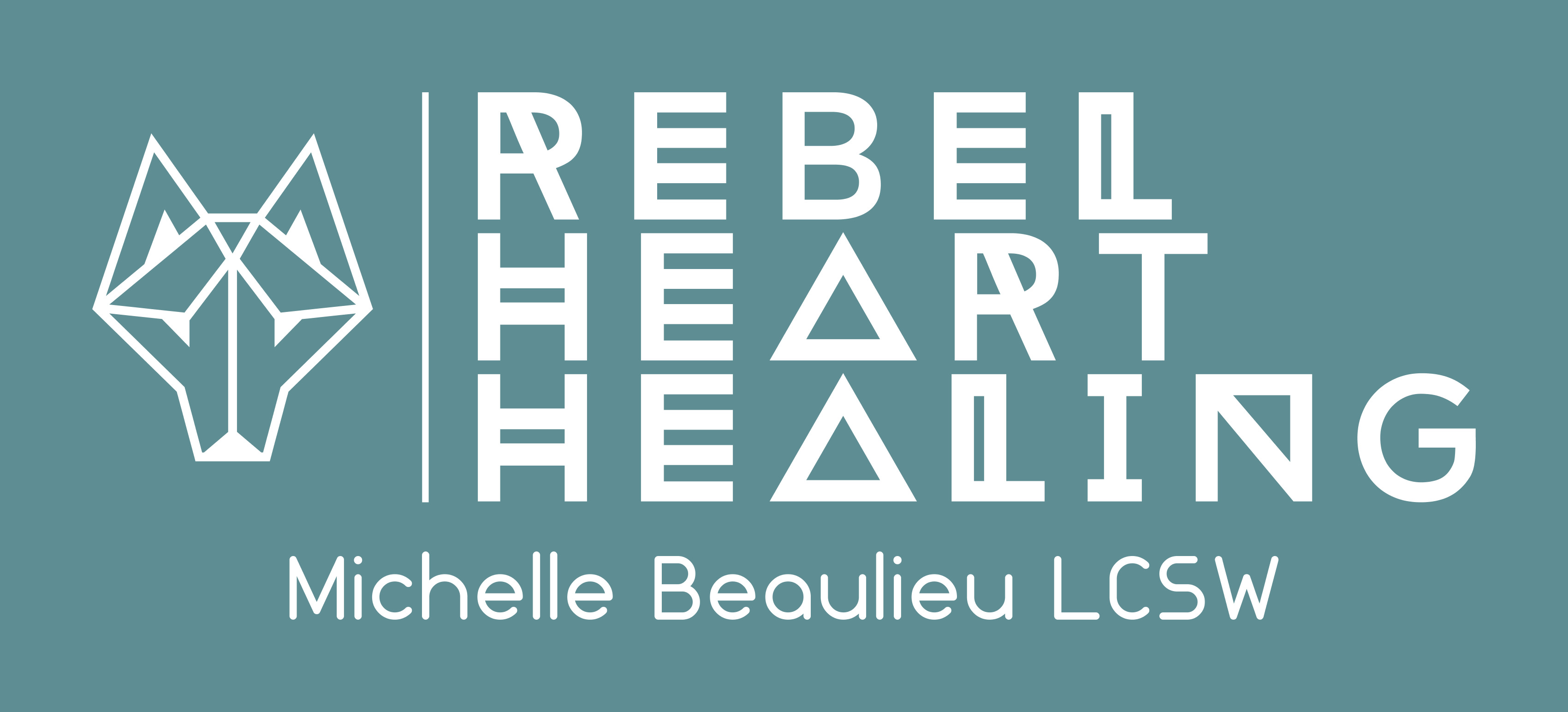My approach:
Much of my training emphasized “being a blank slate” and “getting out of the way of the client” and discouraged “self-disclosure” (I can even remember heated discussions during my psychoanalytic fellowship about whether or not wearing a wedding ring constituted too much self-disclosure!). For these reasons I have often shied away from saying much about my philosophy and approach towards psychotherapy, rarely disclosing anything about my own personal practices and background, and more so focused on my presence in the room with you, my client.
Now that I practice from a more relational frame, I feel it is important that I be transparent about my perspective on how we heal, and who I am. Ultimately, I believe that healing happens when we feel safe with someone. I believe that safety happens when we feel we are deeply connected to—deeply seen, deeply felt, and that the other has no agenda to make us be different than we are. Because most people come to therapy wanting to see changes (i.e. clients often start out feeling like they want to be different, or they want external situations to be different) it can be all too easy to get pulled into a left-brain dominant emphasis on ‘change strategies’ and ‘symptom reduction’ and ‘coping skills’. From Western medicine, we often hold the assumption that the practitioner is going to “do something” to us or “give something” to us that will make us feel better. For example, I have a sore throat. I go to the doctor. The doctor tests me to see if I have strep throat. If I do, the doctor gives me antibiotics, and then I no longer have strep throat.
The issue with bringing this template into the therapeutic space is that healing in psychotherapy really doesn’t seem to work this way. I don’t heal you—I don’t “do” anything to you. I might offer some strategies or reframes or coping skills, but if they work, it will be because YOU use them. (Don’t get me wrong, I am a big fan of coping skills, and have lots of skills to offer to clients!)
Sometimes these strategies can help (and especially, if we’re experiencing acute or heightened distress, this is where we start). But what I have seen over time is that true healing involves beginning to listen to ourselves. To our bodies, and to our hearts, and to follow our own inner wisdom towards peace and freedom. We are each our own most powerful healer.
My own experiences, first as a Vipassana meditator, and then as a non-dual practitioner, led me to practice psychotherapy from a mindfulness-based frame that is all about working with things as they are, and meeting the present moment with compassion. Over the years, my meditation practices led to a major shift within me.
After moving to Alaska, my awareness and perceptive abilities increased, and I opened to and undertook training in Core Shamanism from the Foundation for Shamanic Studies. I do not consider myself a shaman (and in fact my training teaches that shamans do not call themselves shamans; instead, the people who seek them out bestow this label upon them by acknowledging their healing skills). As a white person living in Southeast Alaska, cognizant of the tremendous amounts of cultural trauma experienced here by Alaskan Native people, I also am mindfully aware that contemporary shamanic practice cannot be separated from its lineage and context with indigenous peoples all over the globe. I chose to do my training at the Foundation for Shamanic Studies because it honors the cultures and communities where shamanism has been practiced for thousands of years, teaching “core shamanism”, a system based upon the underlying universal, near-universal, and common features of shamanism rather than upon culture-specific variations and elaborations. FSS also supports protecting and reviving, if invited, indigenous practice in places where shamanic knowledge has been lost or threatened, often because of religious oppression and colonization.
In addition to shamanic training, I have also been practicing energy work for the last 4 years, and am a Reiki master. While I save the explicit use of these skills for sessions in my alternative practice, in which I do not accept insurance, I think it’s important to own that I bring all of myself into the therapy relationship, as I find this is the only way where you as a client can bring all of yourself. In Polyvagal theory, Interpersonal Neurobiology, Internal Family Systems, Hakomi, Somatic, and Energy Psychotherapy I have found integrative modalities that allow me to help you release trauma from your body and understand how to work with your own system.
